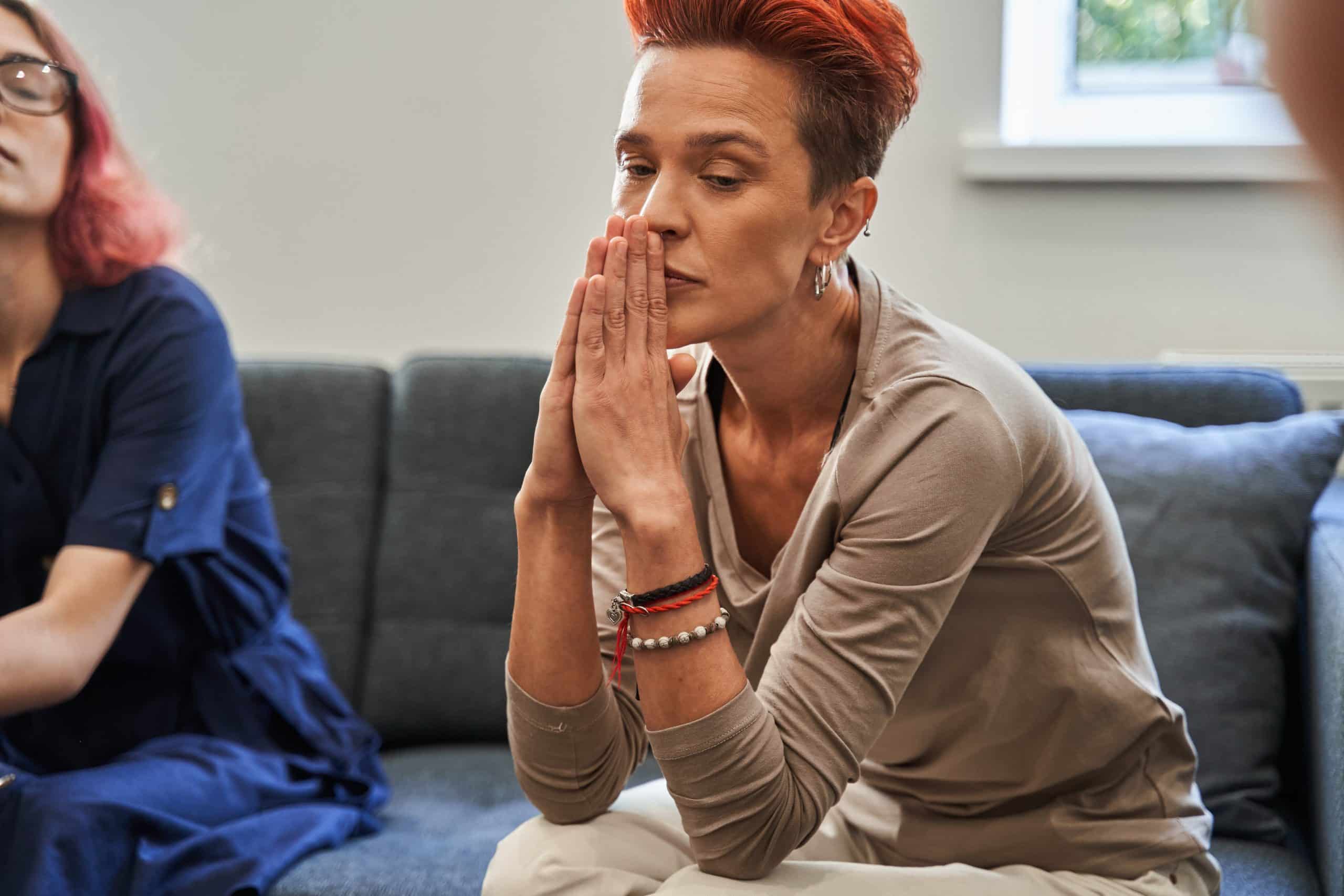What is on this page
Handling Conflict
Divorce can be a difficult and challenging experience, filled with a range of emotions and stressors. While not all divorces lead to conflict and high-stress situations, they are common outcomes of the process. It’s important to have strategies for handling these situations to minimise their impact on everyone involved.
Causes Of Conflict And High-Stress Situations During Divorce
Strategies for handling conflict and high-stress situations during divorce
- Communication techniques: One of the most important strategies for handling conflict and high-stress situations during divorce is to use successful communication. This includes active listening, expressing feelings in a non-threatening manner, and avoiding making assumptions about the other person’s intentions. It’s also important to take a break if emotions become too intense and to avoid discussing important topics when either party is tired or upset.
- Mediation and collaboration: Mediation and collaboration can be successful methods for reducing conflict during divorce. This involves working with a neutral third party to help both parties come to an agreement on key issues, such as the division of assets and child custody. Mediation and collaboration can help to reduce the emotional intensity of the divorce process and provide a more cooperative atmosphere.
- Seeking professional help: It’s also important to seek professional help during divorce, as this can help to manage stress and emotions. This includes working with a therapist or counsellor to manage feelings of anger, sadness, and guilt, and to develop methods for managing stress. It’s also important to seek legal advice from an experienced divorce attorney, who can provide guidance on how to navigate the legal process and ensure that both parties are treated fairly.
- Taking care of one’s own physical and mental health: Finally, it’s important to take care of one’s own physical and mental health during a divorce. This includes getting regular exercise, eating a healthy diet, and getting enough sleep. It’s also important to take breaks from the stress of the divorce process and to engage in self-care activities such as meditation or yoga.
How Conflict And Stress Can Affect Your Mental Health
Conflict and high levels of stress during divorce can have a significant impact on your mental health. These experiences can cause feelings of anxiety, depression, and intense emotional distress. They can also lead to physical concerns, such as headaches, fatigue, and sleep disturbances. In some cases, individuals may experience characteristics of post-traumatic stress disorder (PTSD), such as flashbacks or a persistent feeling of being on edge. If left unaddressed, these concerns can worsen over time and have a long-lasting impact on your mental health. It’s important to seek support and care from a mental health professional if you are experiencing any of these characteristics. Through therapy, self-care, and other interventions, you can learn to manage stress and conflict, and take steps towards healing and recovery.

Handling Conflict: How Relationship Counselling Can Help
Divorce can be an emotionally tumultuous experience, fraught with uncertainty and conflict. Whether the decision to end the marriage was mutual or not, the process of separating two lives that have been intertwined for years can be incredibly challenging. However, relationship counselling can be an invaluable resource for those going through a divorce, as it can help to resolve conflicts and promote healing.
One of the most significant benefits of relationship counselling during a divorce is that it provides a safe and neutral space for both parties to communicate their thoughts and feelings openly. When emotions are high, it can be challenging to express oneself calmly and rationally. Counsellors can help guide conversations and provide mediation, ensuring that both parties are heard and understood.
Moreover, relationship counselling can help individuals to identify the root causes of their conflicts and work towards finding a way ahead that benefits both parties. Divorce can be particularly contentious when there are issues around finances, child custody, and property division. Counsellors can help navigate these complex matters and offer approaches that are both practical and equitable.
Another crucial aspect of relationship counselling during divorce is that it can help individuals to process their emotions and grief. Divorce is often accompanied by feelings of loss, anger, and sadness. It can be challenging to work through these emotions on one’s own. Counsellors can provide a compassionate and non-judgmental ear, helping individuals to process their emotions and develop management methods that will serve them in the long term.
Relationship counselling can help to promote healing and closure. Even when a divorce is amicable, there may be residual feelings of hurt and resentment that linger. Counsellors can work with individuals to help them let go of these negative emotions and move forward with their lives.
Relationship counselling can be an invaluable resource for those going through a divorce. By providing a safe and neutral space for communication, offering guidance and mediation, helping individuals to process their emotions, and promoting healing and closure, counsellors can help to resolve conflicts and promote a constructive outcome for all involved.
Relationship counselling can be a valuable tool for resolving conflict in divorce. A trained therapist can help both parties communicate more successfully, identify and address underlying issues, and develop strategies for resolving conflicts in a constructive and constructive manner. Relationship counselling can also help to reduce the emotional intensity and improve the overall atmosphere of the divorce process. By working with a therapist, couples can better understand each other’s perspectives, learn how to manage strong emotions, and develop a plan for moving forward. Ultimately, relationship counselling can help to minimise the negative effects of divorce and ensure that both parties are able to move on in a healthy and constructive way.
Divorce can be a difficult and challenging process, but it’s important to have approaches for handling conflict and high-stress situations. By using successful communication, working with a neutral third party, seeking professional help, and taking care of one’s own physical and mental health, it’s possible to minimise the impact of divorce on everyone involved. While divorce may never be easy, it’s possible to make the process as smooth and stress-free as possible by implementing these methods.

